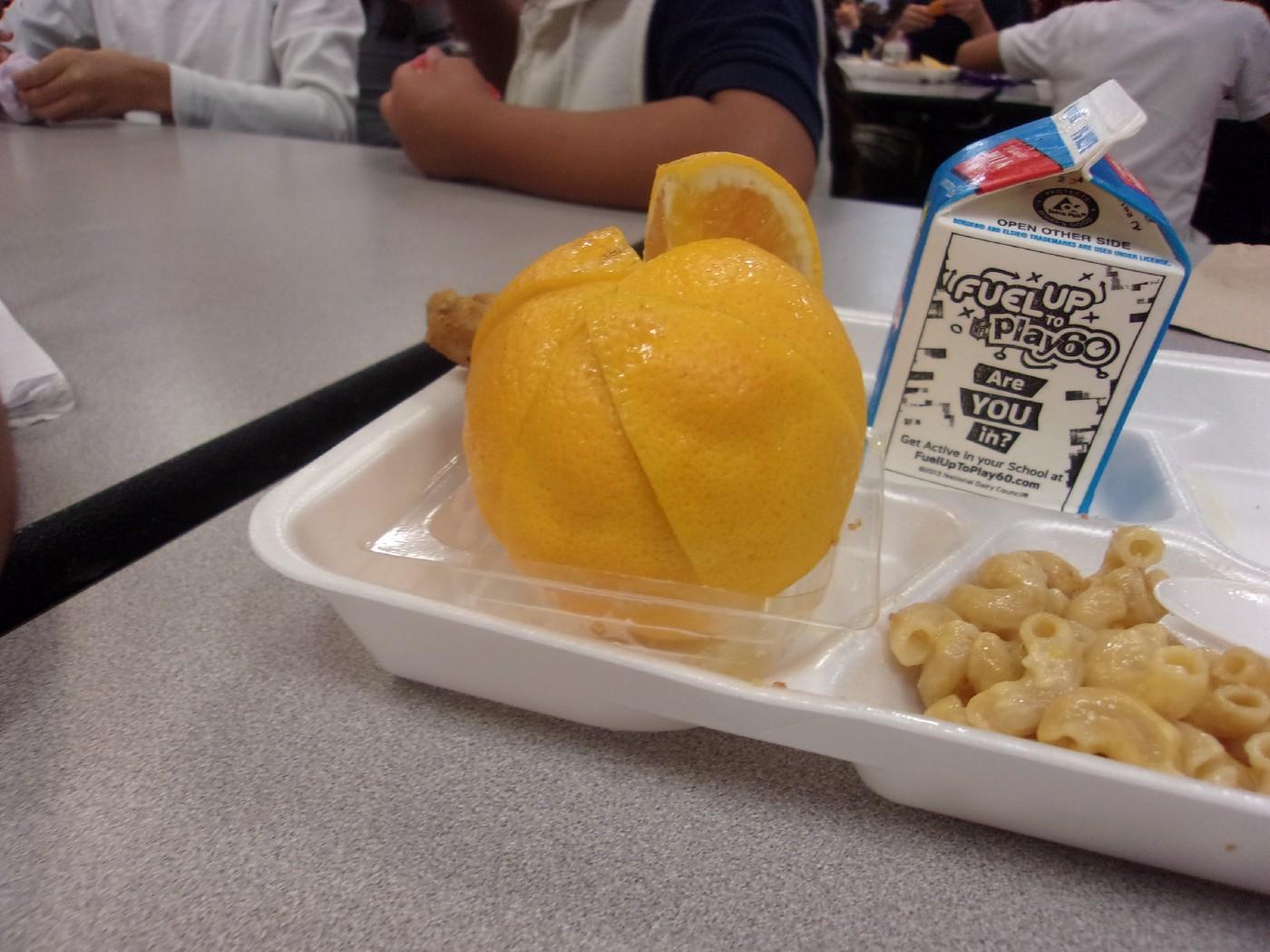
“This is unhealthy food to eat. It has a lot of sodium.”
“Trees are healthy because they produce air and let us breathe.”
“In 2015 my house was burnt down. So we lived with one of my cousins. Then we rented a house and that is the house I have now.”
Children have a remarkable understanding of the things around them that affect their health and their community’s wellbeing. Beginning around 3 years old, they can perceive and understand race, racism, health, and many social issues that impact their everyday lives. Although they may not have the language to describe it, young children and adolescents feel and experience injustice and inequity; however, their voices are often silenced or dismissed as juvenile.
The Whole Communities-Whole Health grand challenge team is developing innovative, culturally responsive, and community-engaged approaches to social change that can help reverse these negative outcomes and help children thrive.
Hearing Their Voices
One way to do that is through photovoice, a type of research that seeks understanding through photography. It is an engaging approach to data collection commonly used to encourage children’s participation in research and see the world from their perspective.
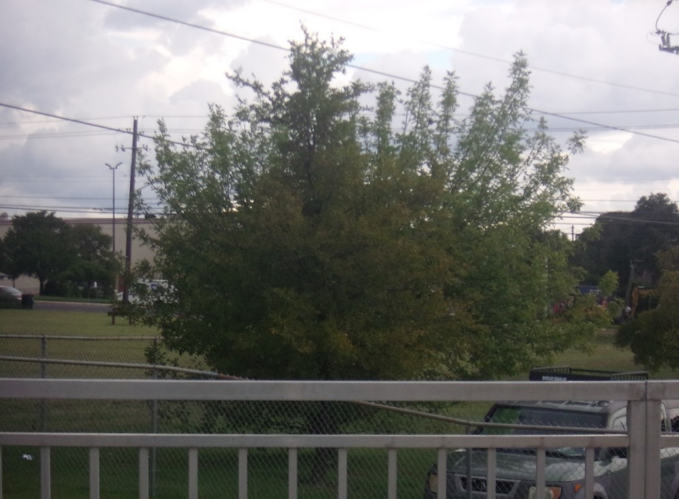
The Austin Youth Voice project sought to highlight the lived experiences of children and adolescents ages 8 to 12 in Austin, Texas. Thirty participating children were given digital cameras and taught how to take photos that reveal what “health” means to them — including those things that, in their minds, promote or get in the way of health.
In this capacity, children are not only research participants but are the researchers as well.
A Story of Health Through Photographs
The children were led through a six-week photovoice curriculum that focused on basics of photography, understanding health, and communicating health through photographs. The curriculum sessions were held twice per week at a local elementary school. Throughout the curriculum, they used their digital cameras to capture health promoting and health challenging opportunities in their community and worked with the researchers to write short captions describing why they took the photo and what it meant to their own health or to their community’s health.
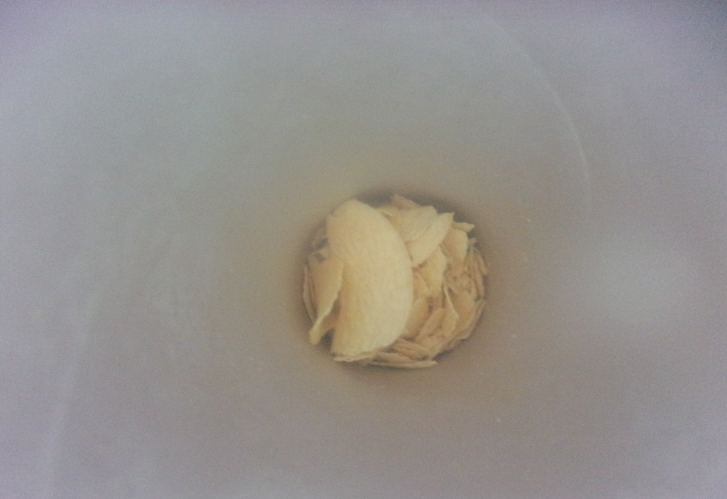
At the end of the curriculum, The University of Texas at Austin hosted the Austin Youth Voice Photo Exhibit so the children could showcase their photos and discuss what the photos meant to them. Awards were given to children with the most creative image, most thought-provoking image, most illustrative photographer, and most improved photographer. The most engaged participant and MVP (most valuable photographer) also received awards.
Lessons Learned
Austin Youth Voice shows that children have a deep understanding of the meaning of health and are well aware of a variety of social factors that contribute to their health and wellbeing. Their photographs taught us valuable lessons on physical, mental, social, and environmental health, which is why it is important to include them when developing community-based research and initiatives. Doing so will facilitate critical dialogue about a community by members of that community — a critical aspect of planning successful community-based research and initiatives.
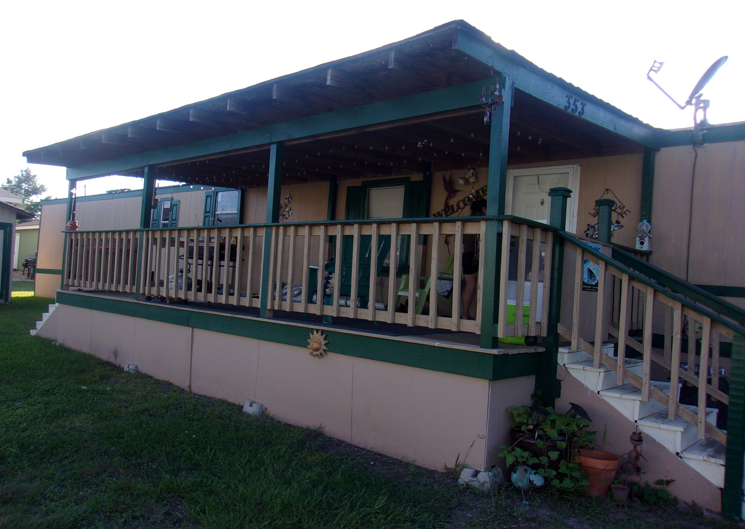
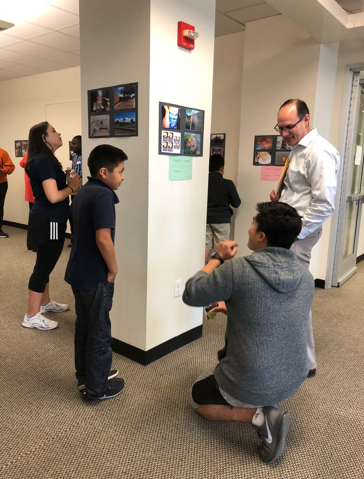
The Whole Communities–Whole Health team will use these stories, told through the photos taken by children, to stimulate dialogue and social action.

